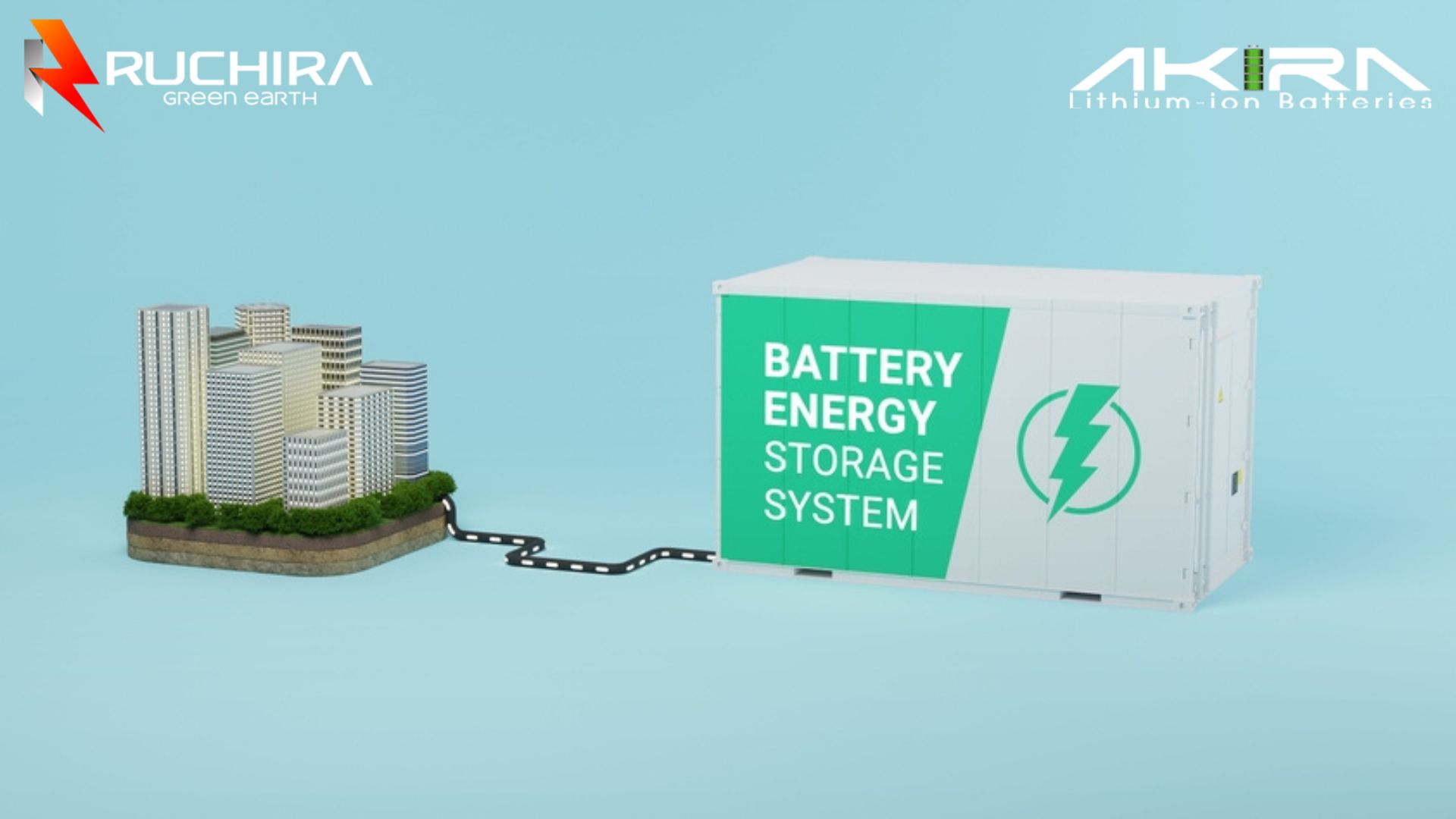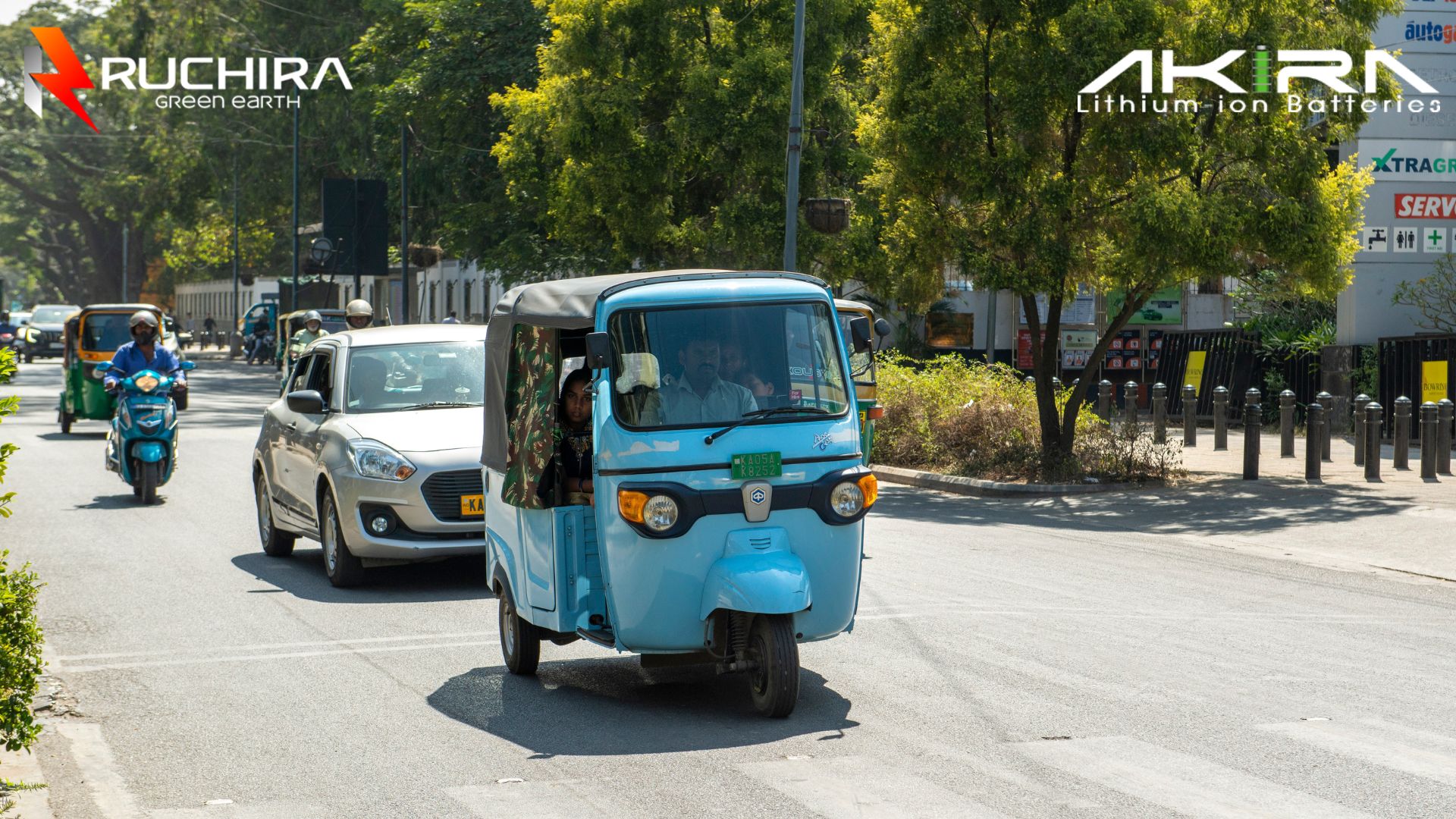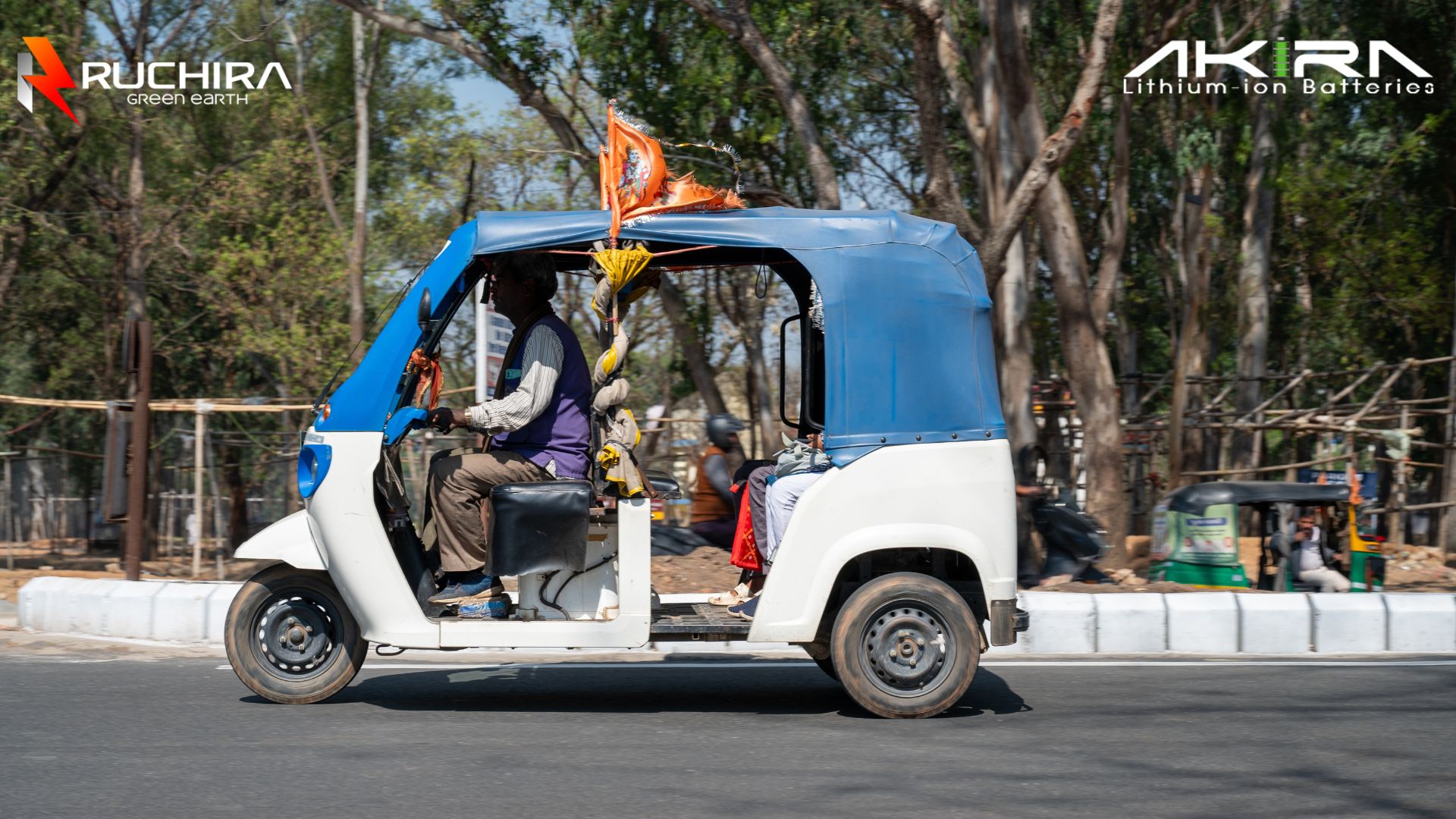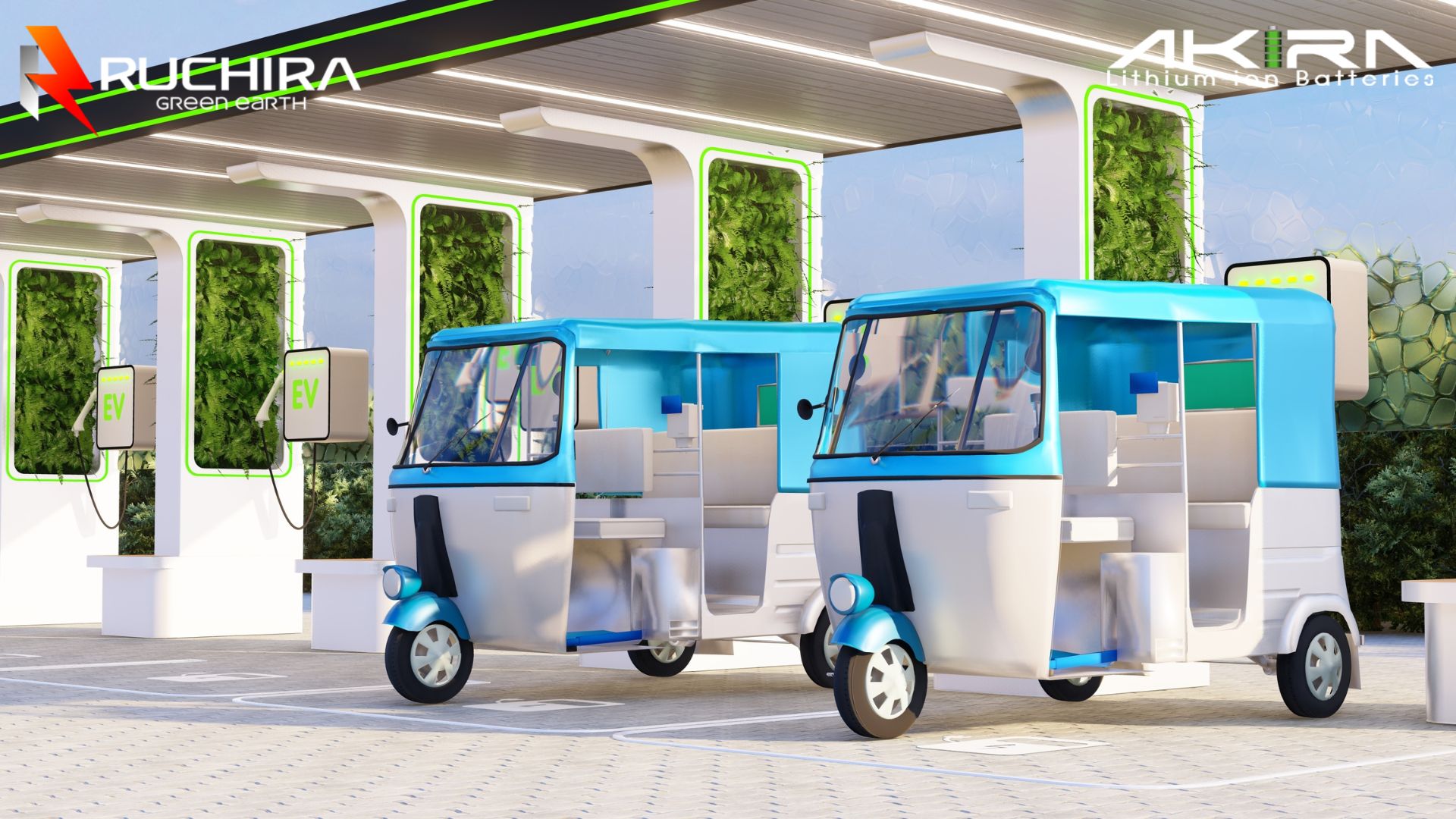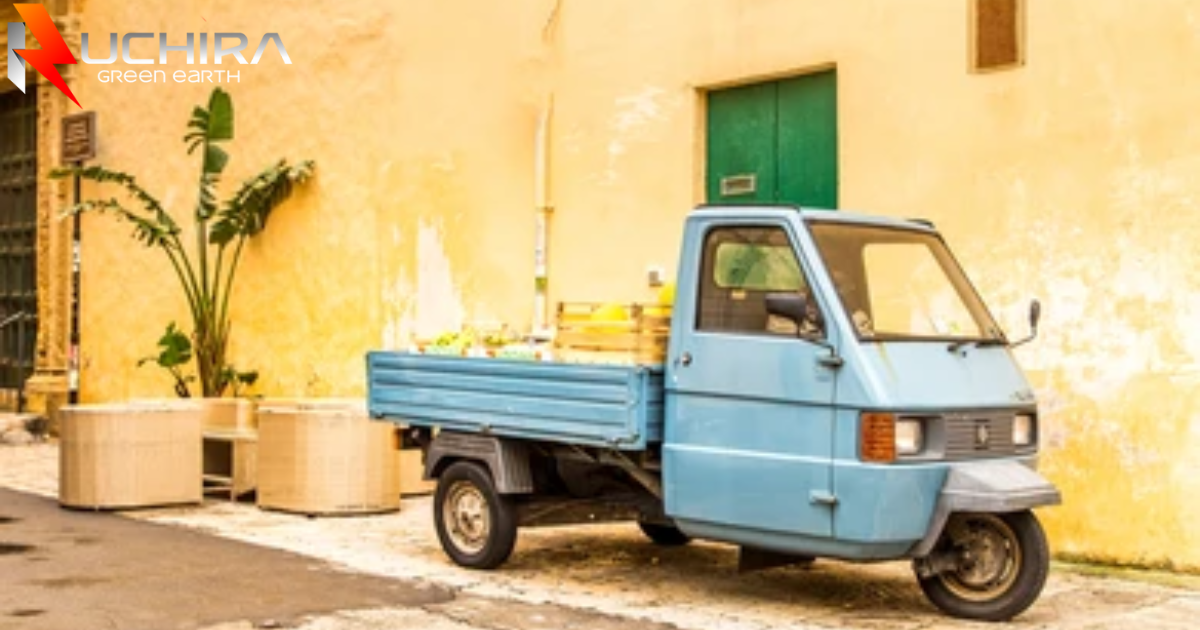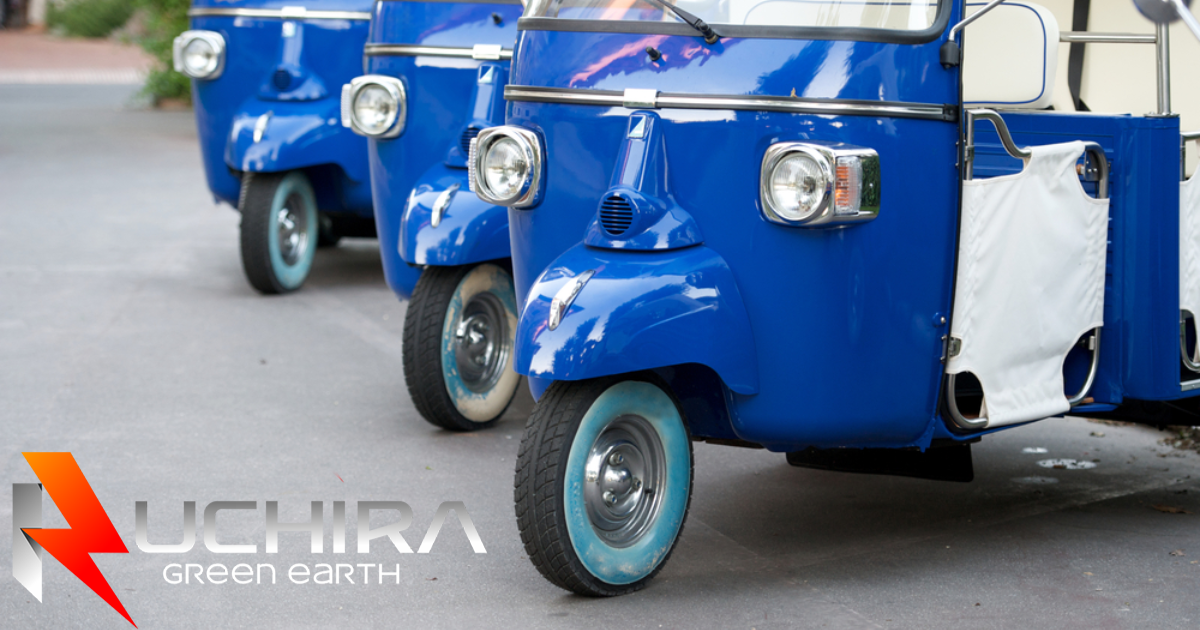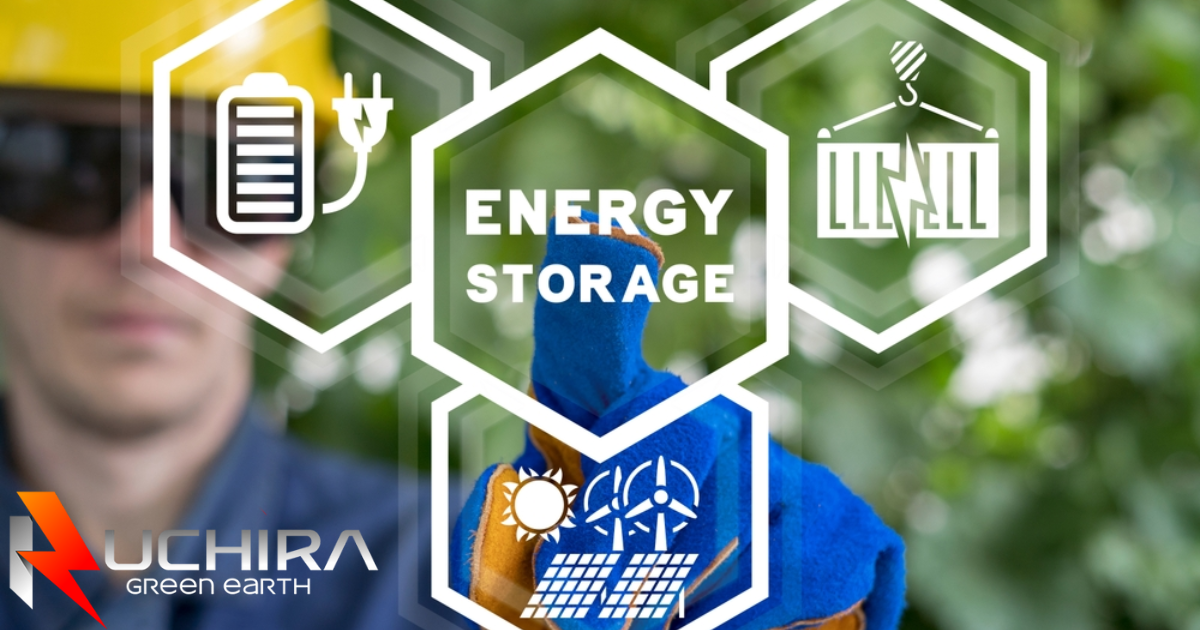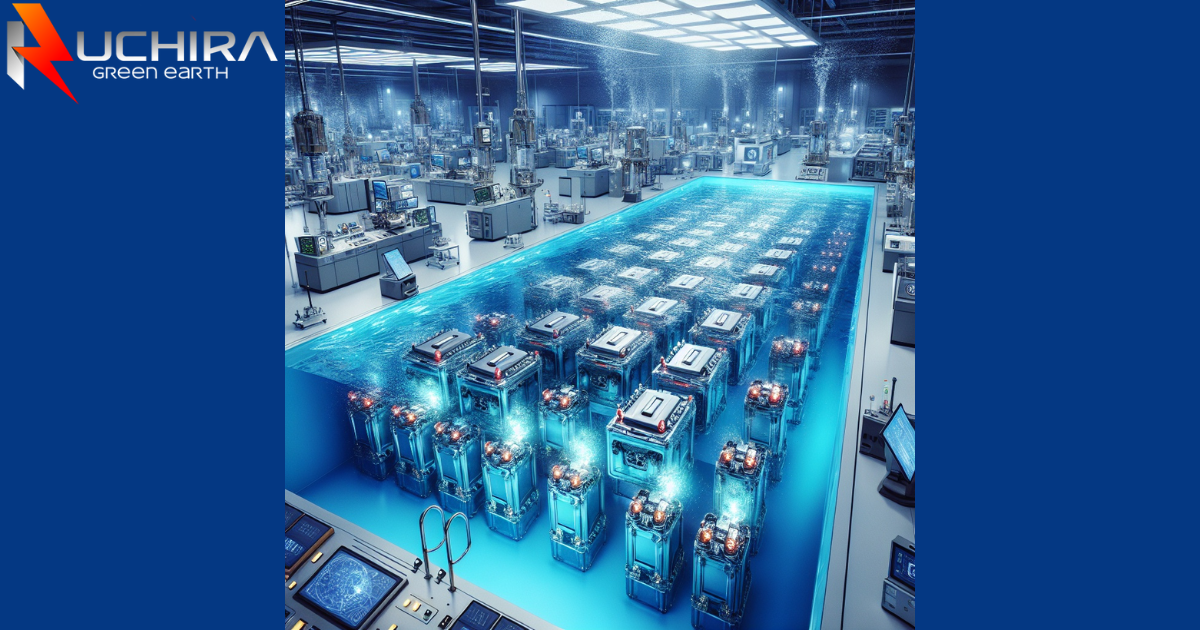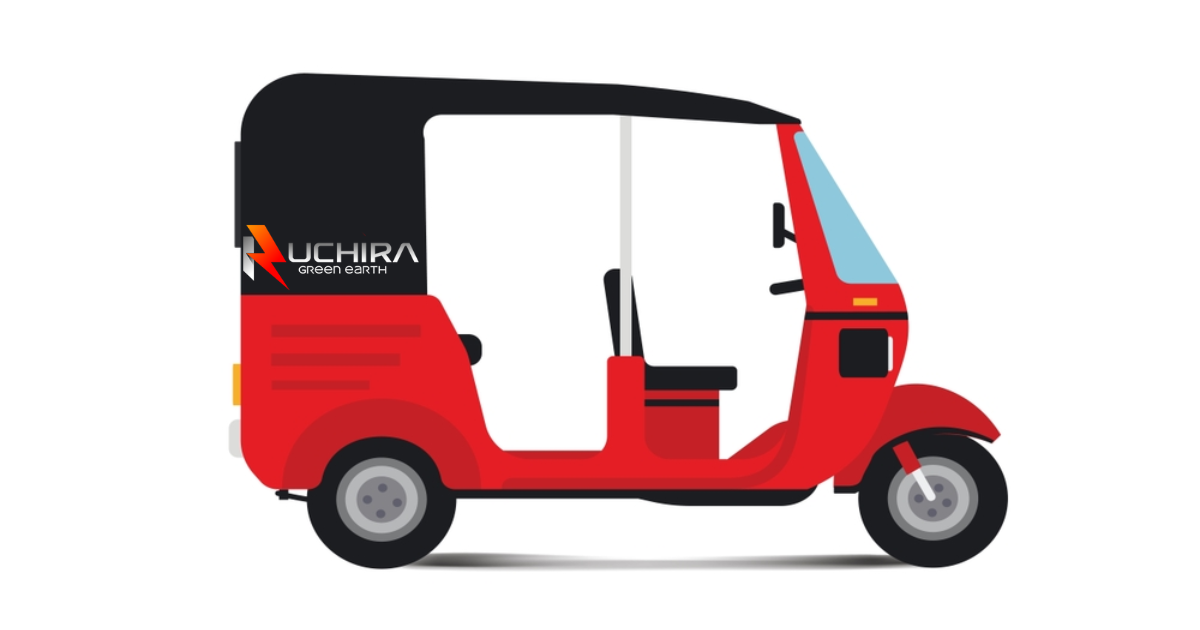In today’s world, where energy demands are constantly growing, having a reliable energy storage solution is critical. Whether it’s for residential, commercial, or industrial use, energy storage systems (ESS) play a vital role in ensuring efficient and uninterrupted power supply. Among the various energy storage options available, Akira, a leading ESS battery manufacturer, stands out as a top choice for anyone looking to optimize their energy consumption and storage.
With Akira Lithium-ion ESS batteries, you can be assured of quality and performance. As a trusted ESS battery manufacturer, Akira offers innovative solutions that cater to diverse energy needs. But what makes Akira’s batteries stand apart, let’s dive into the key benefits.
1. Unmatched Efficiency and Performance
One of the most compelling reasons to choose Akira Lithium-ion ESS batteries is their exceptional efficiency. Lithium-ion technology is known for its high energy density, meaning Akira batteries can store more energy in a smaller space compared to traditional lead-acid batteries. This translates to more power, longer runtime, and greater overall efficiency.
Akira’s batteries are designed to provide fast charging and discharging cycles, making them ideal for environments where quick power delivery is essential. Whether you’re storing energy from solar panels for later use or need a backup during peak energy demand, Akira Lithium-ion ESS batteries ensure you have the power you need, when you need it.
2. Longer Lifespan
When investing in energy storage solutions, longevity is a critical factor. Akira’s Lithium-ion ESS batteries offer a significantly longer lifespan compared to other battery technologies, making them a more cost-effective and durable option over the long term.
This longevity not only reduces the need for frequent replacements but also lowers the overall cost of ownership. With Akira, you’re investing in a reliable and long-lasting energy storage solution that will serve your needs for years to come.
3. Enhanced Safety Features
Safety is always a priority when dealing with energy storage systems, and Akira takes it seriously. Akira Lithium-ion ESS batteries are equipped with advanced safety features such as thermal management systems, overcharge protection, and short-circuit prevention. These safety mechanisms ensure the batteries operate efficiently while minimizing the risk of overheating or malfunction.
Additionally, Lithium-ion technology itself is safer compared to older battery technologies, reducing the risk of leaks or hazardous chemical spills. Akira’s commitment to safety gives users peace of mind, knowing that their energy storage system is designed to operate safely even in demanding conditions.
4. Superior Energy Management
Akira Lithium-ion ESS batteries are designed with advanced energy management systems that optimize energy storage and consumption. These systems allow for seamless integration with solar energy systems and grid-connected setups, ensuring that energy is stored when it’s abundant and used when it’s most needed. This intelligent energy management not only maximizes efficiency but also helps reduce energy costs by allowing users to tap into stored energy during peak demand hours.
With Akira, users have complete control over their energy usage, enabling them to reduce reliance on the grid and make the most of renewable energy sources.
Powering the Future with Akira Lithium-Ion ESS Batteries
When it comes to energy storage, reliability, efficiency, and sustainability are key factors to consider. Akira Lithium-ion ESS batteries check all these boxes, offering users a powerful, long-lasting, and environmentally friendly solution for their energy needs. With their high energy density, long lifespan, advanced safety features, and superior energy management systems, Akira’s batteries are the ideal choice for those looking to optimize their energy storage and consumption.
As an innovative ESS battery manufacturer, Akira stands out not only for its cutting-edge technology but also for its commitment to customer satisfaction and environmental sustainability. Whether you’re looking to power your home, business, or industrial facility, Akira has the solution to meet your needs. Choose Akira Lithium-ion ESS batteries for a future-proof energy storage system that delivers unmatched performance and peace of mind.
